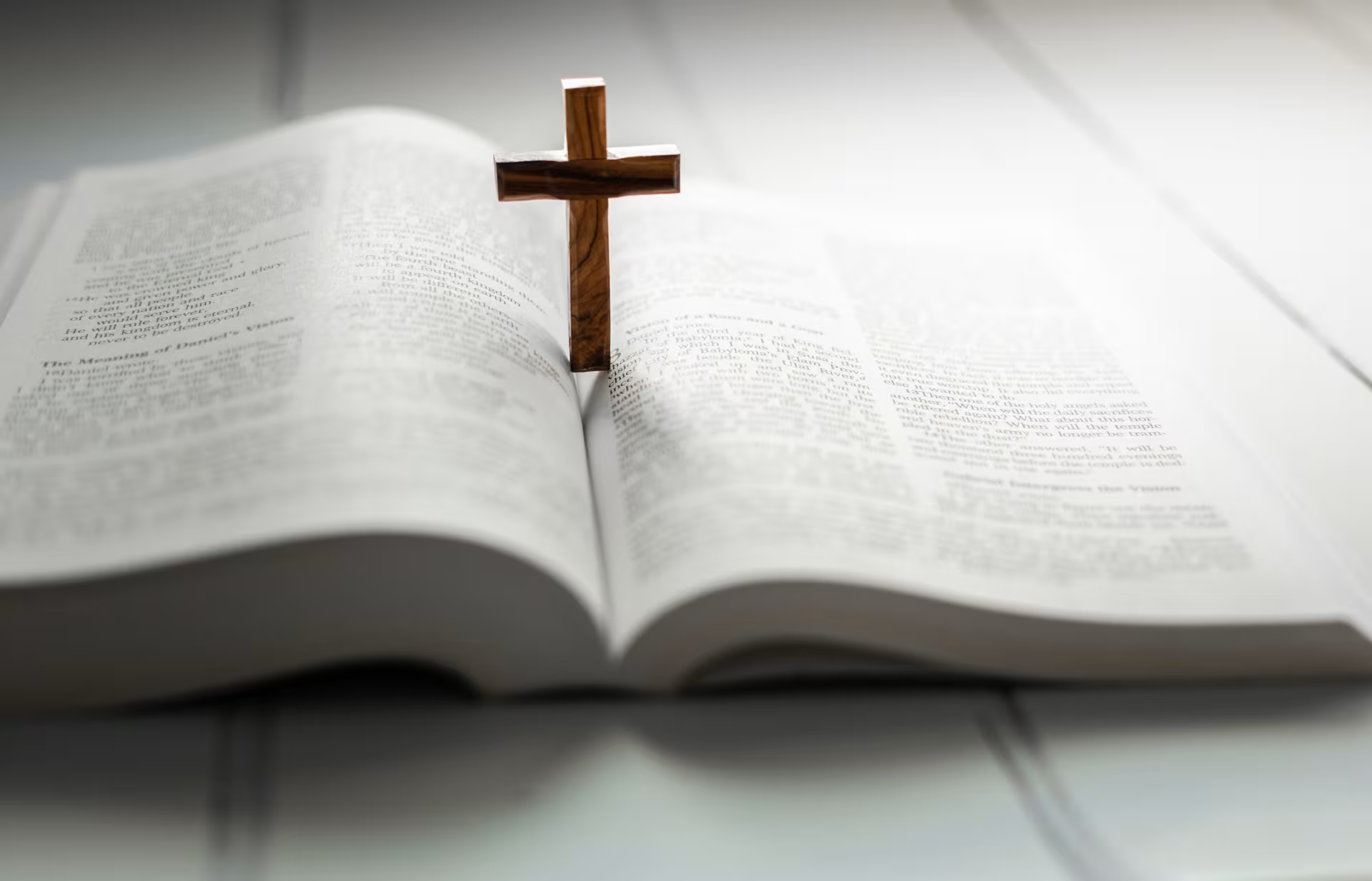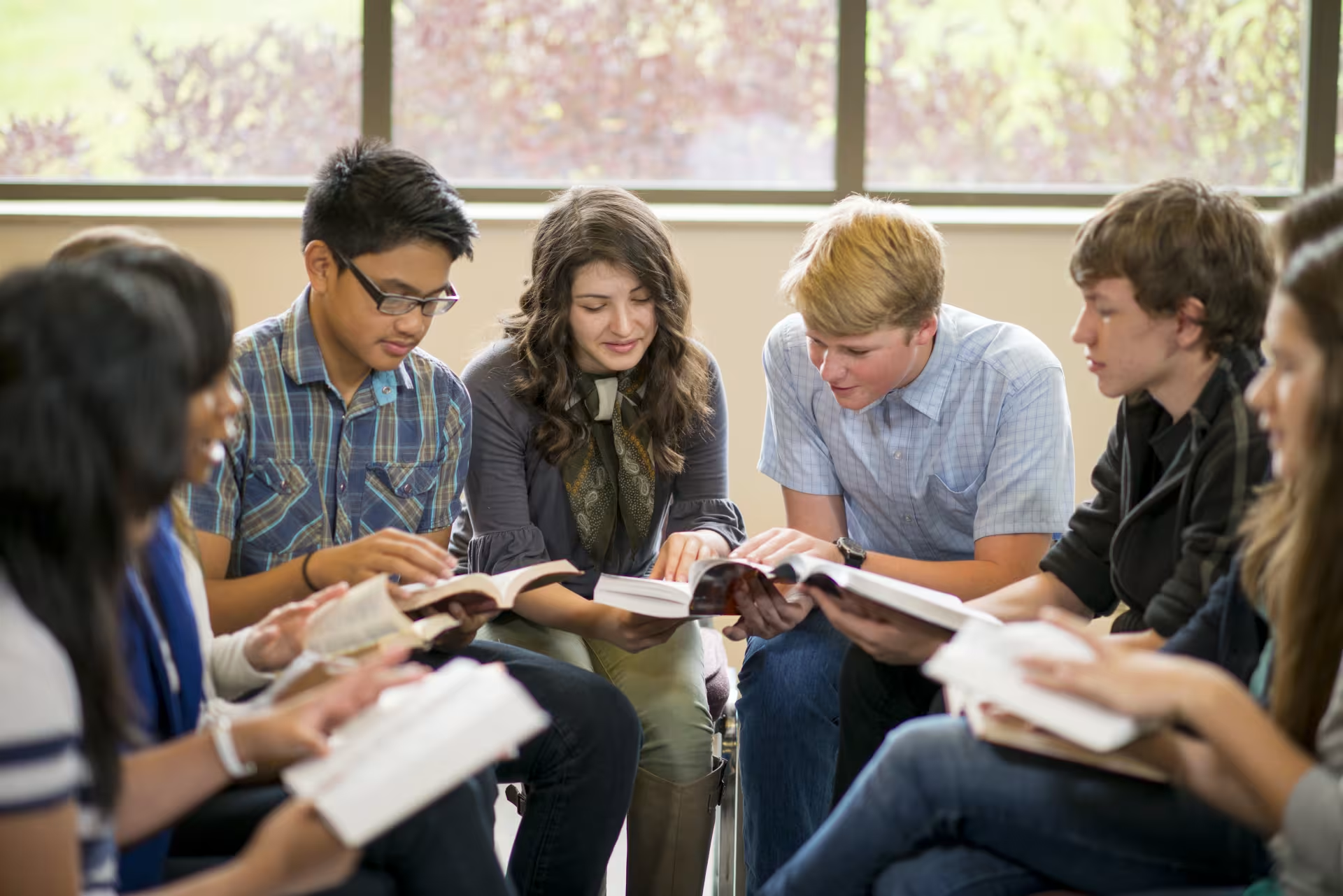“I remain confident of this: I will see the goodness of the Lord in the land of the living. Wait for the Lord; be strong and take heart and wait for the Lord.” (Psalms 27:14)
Hope.
It is a nearly unconscious, unquantifiable, life-changing power in this world. Sometimes it is all we can do to make it through a situation and sometimes it is so natural we do not even recognize that we have it.
Everyone hopes in something. It is an undeniable reality that as humans, we share the belief that there is something better coming. We face each day striving toward this better future, regardless of what we identify it as happiness, prosperity, control, peace, etc. In fact, the most destitute, unnatural condition any human can ever be is hopeless. Since everyone hopes in some way and experiences it in some form, it is crucial to understand what exactly hope is.
Webster defines hope as an intransitive verb that means to cherish a desire with anticipation or to want something to happen or be true. As a transitive verb, it can mean to desire with expectation or to expect with confidence (trust). Simply put, hope is a verb that, in context, means either to want or to expect. So which is it?
It is important to know that in the Bible, both the Old Testament Hebrew and the New Testament Greek, hope is used as a transitive verb – meaning it is used to reference the act of waiting or expecting. While this may just seem like a useless English lesson, words have power and the meaning behind them can change the course of a life in moments.
It means that every reference to “hope” in the Bible is not just a dream or desire, but a certainty that demands a response.
As a believer in Christ, hope and trust go hand in hand. We invest the action of hope into what we trust or believe. In 1 Corinthians 13:13, at its barest form, Paul concludes his argument saying, “And now these three remain: faith, hope and love. But the greatest of these is love.” There is a progression to note here. Faith is the action of trusting God as who He says He is; hope is the action of waiting with expectation for Him and what He has promised, and love is the response to Him. Love is the greatest of these because it transcends each progression. It comes both, before and after, faith and hope. However, note that each piece – faith, hope, and love – is an action and a choice.
Thus, when we wait for the Lord and hope in Him, we are not living passively or simply wishing for Him. Instead, we live with boldness, taking actions like faith and love that reflect our expectations of Him. All this to say, living for God is truly one giant action; it is a conviction of the heart that demands a response. But the best part of this equation is that God is who He says He is, He does keep His promises and He loved, and will continue to love, you first! So we can actively wait each day, each moment and place our hope in the Lord.
John 10:11 says, “For with your heart you believe and are justified, and with your mouth you confess and are saved. It is just as the Scripture says: ‘Everyone who believes in the Him will not be put to shame.’”
Grand Canyon University is a private, Christian school in the heart of Phoenix that strives to put God first in everything. To learn more, visit our website or use the Request More Information button on this page.






